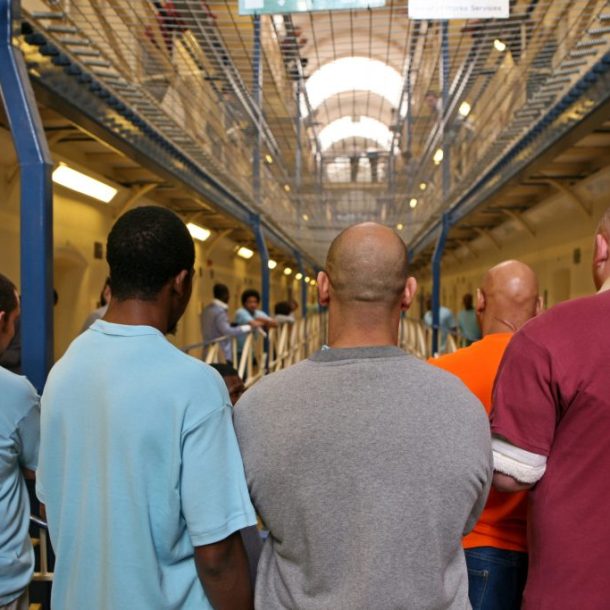
The Damaging Influence of Social Media and Influencers on Attitudes Towards Women
By Isis Hunterman
The proliferation of social media and the rise of influential figures on these platforms have significantly impacted society, particularly in shaping attitudes towards women. Today, with children having unprecedented access to media through smartphones, tablets, and various sources, they are more susceptible to harmful messages perpetuated by individuals such as Andrew Tate and the subculture known as “incels.” This article delves into the concerning influence of social media and influencers on attitudes towards women, highlighting the need for critical media literacy education to combat the normalization of misogyny, sexual harassment, and violence.
The Rise of Incels and Online Radicalization
The emergence of the “incel” community has had devastating consequences, as young men are being radicalized online and expressing deep-seated hatred towards women. Incels, or involuntary celibates, often harbor misogynistic beliefs and feel entitled to sexual relationships that they perceive as being withheld from them by women. This distorted worldview has led some incels to advocate violence against women and even commit acts of violence and murder. The online space has become a breeding ground for the normalization and perpetuation of such harmful ideologies.
The Troubling Influence of Andrew Tate
Andrew Tate, an influential figure on social media platforms, has gained notoriety for amplifying damaging messages, particularly misogyny. His rise to fame has been swift, surpassing the search popularity of prominent figures like Donald Trump and Kim Kardashian combined. Tate has a massive following on platforms like TikTok, where he primarily targets teenage boys, who are especially vulnerable to these harmful messages.
Tate’s popularity stems from his promotion of “real masculinity,” which often involves toxic masculinity, overt misogyny, and even violence against women. He exploits misogyny as a business strategy to increase his TikTok views and promote his “Hustlers University,” a program that charges members a monthly fee to teach them how to earn more money. Criticized as a pyramid-selling scheme designed to bolster Tate’s fame, his influence represents a dangerous role model for impressionable individuals.
The Urgent Need for Critical Media Literacy Education
The alarming rise of social media influencers like Andrew Tate and the influence of the incel subculture underscore the necessity for comprehensive media literacy education. Children and teenagers need to develop critical thinking skills to discern unhealthy and misogynistic stereotypes perpetuated by media sources. By fostering media literacy, young individuals can recognize and reject harmful messages that normalize sexual harassment, violence, and misogynistic behavior.
Educational institutions, parents, and communities must collaborate to implement programs that empower young individuals to navigate the digital landscape responsibly. Media literacy education should emphasize the importance of questioning media narratives, analyzing biases, and promoting respect, equality, and empathy. By equipping children and teenagers with these skills, we can foster a generation that is less susceptible to the harmful influence of social media and influencers.
Social media platforms and influential figures have a significant role in shaping attitudes towards women, and the rise of incels and individuals like Andrew Tate has further highlighted the concerning impact of these influences. It is crucial to address this issue by prioritizing media literacy education that teaches critical thinking and encourages the rejection of unhealthy stereotypes. By doing so, we can empower young individuals to challenge harmful ideologies and contribute to a more inclusive and respectful society.

